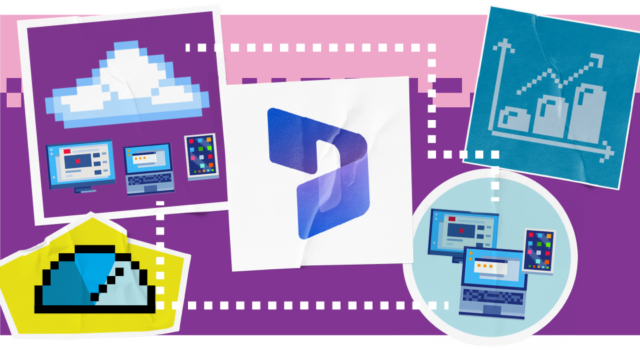Why does collaboration matter?
Collaboration is a cornerstone of successful businesses. When teams collaborate effectively, they can share knowledge, ideas and expertise, leading to innovative solutions and improved decision-making. By breaking down silos and promoting open communication, collaboration can streamline processes, reduce errors and increase productivity.
Moreover, collaboration can significantly impact employee morale and job satisfaction. When employees feel valued and empowered to contribute their ideas, they are more likely to be engaged and motivated, resulting in a positive company culture.
In today’s fast-paced business environment, collaboration is essential for staying competitive. By working together, teams can adapt quickly to changing market conditions, identify new opportunities and respond effectively to challenges. This enables your business to thrive.
Speak to our experts






